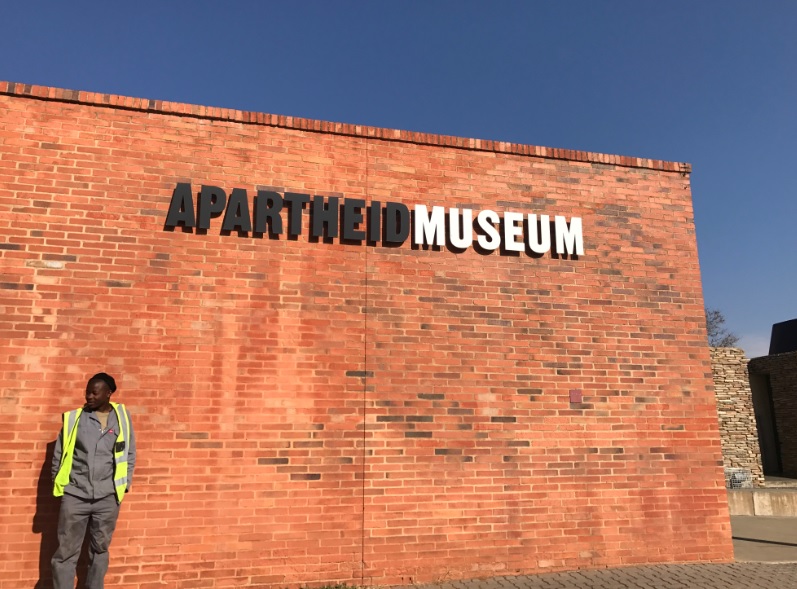
Towards the end of the 19th century, the idea of a Cape to Cairo railway was born — a project that, at the time, was set to connect British possessions across the continent through a continuous line. To this day, however, the project remains a hopeful dream. But instead of a railway, the continent is connected by rampant inequality.
A Post-Apartheid Black-White Divide
One thing I knew prior to my arrival to South Africa is that apartheid ended in 1994, which is why I expected to see a harmonious society living in co-existence. As I was on a bus on my first day, I still vividly remember seeing six black men crammed in the back of a pickup truck and a white couple in front; the man driving. I instantly felt uncomfortable and at unease, not exactly sure how to fully take in an image that instantly drew parallels to slavery.
On my second day, I was on-board a guided bus tour, the biggest part of which consisted of driving around exclusively white neighborhoods with schools resembling English boarding schools and houses with facades like those of affluent European homes; all equipped with surveillance cameras and concrete privacy walls with barbed wires.
Throughout my entire stay, I continued being more aware of my surroundings than usual, subconsciously focusing on the rampant white-black division that was easy to spot everywhere; whether on university campuses or at the Sunday flea market.
In the former, with no legal obligation, white students gathered with white students and people of color (PoC) remained with PoC. In the latter, a white-dominated flea market in a white neighborhood meant that not more than one or two black people were the only PoC to visit the entire day.
When I went to restaurants in the ‘fancier’ part of town, all customers were guaranteed to be white and the staff was predominantly black. In every city, white-collar jobs were exclusively white and blue-collar jobs were exclusively black.

On our last day, my friends and I went to downtown Johannesburg and visited many of the places our previous tours didn’t cover, which was the only time we got to see the country’s native population; their neighborhoods, houses and markets, all of which were remarkably different from anything we’ve seen over the previous days.
The neighborhoods weren’t as affluent or as well maintained as those on the other part of the city and the houses weren’t remotely as secure. Privacy walls didn’t exist and no barbed wires were in sight. Everything looked drastically different, almost like the black neighborhoods weren’t just a 20-minute metro ride away from the picture-perfect white neighborhoods.
Egypt: A Mirror Image
In South Africa, the existing divide is exclusively based on race. And while Egypt, for the most part, doesn’t suffer a race issue as rampant, a similar divide that extends to every aspect of life exists; one entirely based on social class.
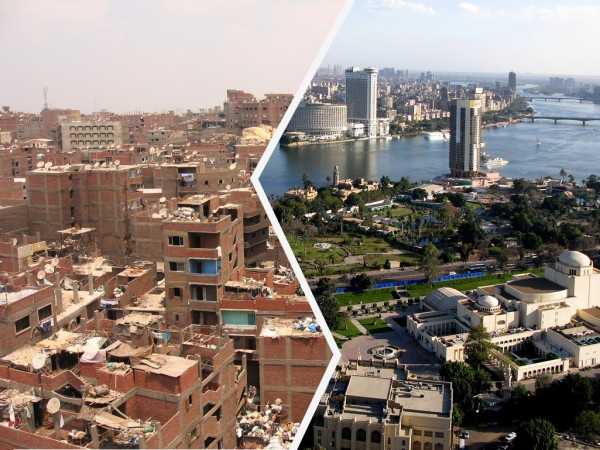
Every aspect of division in South Africa has its exact mirror image in Egypt: a group of men crammed in the back of a pickup truck is something one has become all too familiar seeing on a daily basis. Fancy homes with concrete privacy walls and surveillance systems have taken over plenty of Egyptian cities in the form of gated communities.
Perhaps in a country where race continues to be one of its defining factors, the divide is easier to spot, given that it’s easily identifiable, at least more than social classes, and instantly draws parallels to slavery.
In South Africa, the color of your skin determines where you live, the schools you go to, who your friends are and where you hang out. In Egypt, the social class you’re born into also determines the same aspects of your life.
And while some may argue that climbing the social ladder can help elevate someone’s status, the reality continues to be that the class you are born into defines how people continue to see you, regardless of the success and money you may acquire throughout your life, making it even more difficult to achieve.
This concept is more apparent when looking at the notion of “nouveau riche” — a derogatory term that translates to “new rich” commonly used to refer to people who succeeded at climbing the social ladder to imply that they will remain outcasts among the rich.
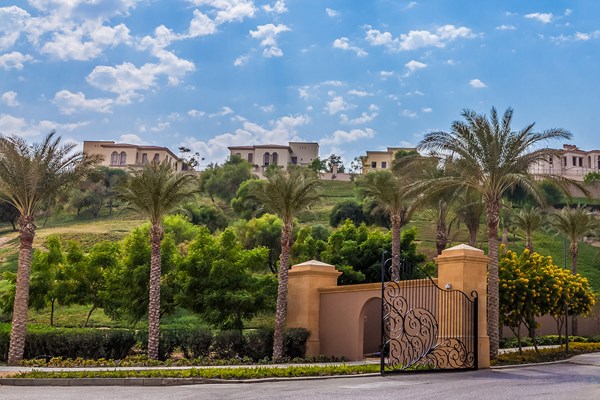
Throughout my entire stay on the other end of the continent, my tour guide repeatedly warned against visiting black neighborhoods, constantly using terms like “dangerous” and “unsafe” to describe them, mimicking the attitudes many Egyptians have towards people from different socioeconomic classes, which, in both cases, is not an inherent fact.
While the Cape to Cairo railway remains incomplete, the continent has always been and will continue to be linked by inherent subconscious racism and classism that increase the divide between people in a manner that seems to be inevitable.




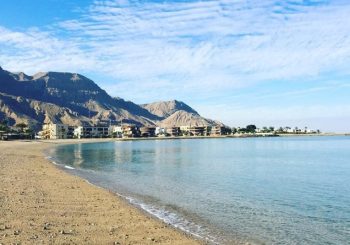

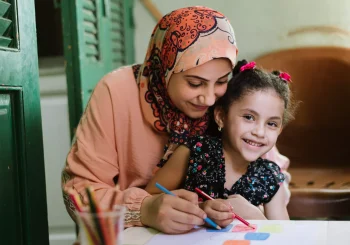
Comment (1)
[…] Source link […]